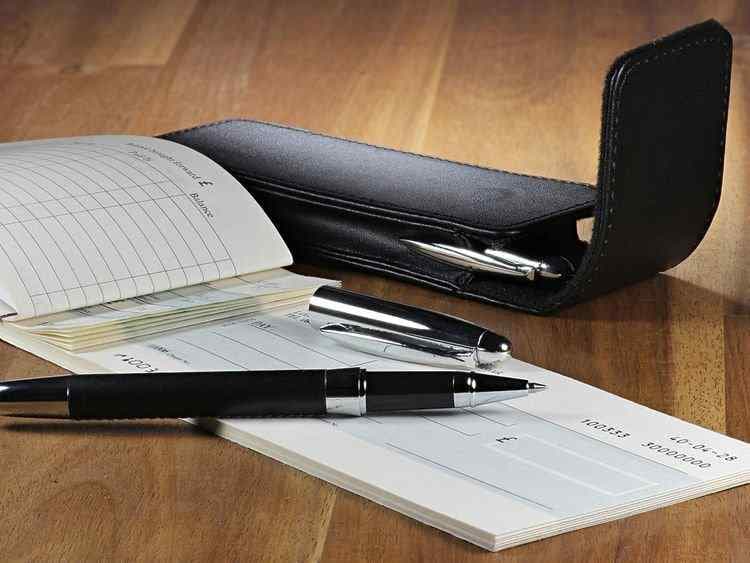
Returned Cheques: How To Deal With It In UAE?
With the advent of digitalization, online banking, and contactless transactions are on a hike. However, despite this progress cheque payments are the most convenient among businesses.
Article (483) of the Commercial Transactions Law defines a cheque as “An order issued by a person (the drawer), to the bank (the drawee) that payment is made on the specified date (date of issue) an amount of money to a third person (the payee) as the beneficiary or bearer of the cheque”.
However, there may be cases where either the payer's bank. The recipient's bank may also refuse to fulfill this obligation. This may also cause the cheques to return.
Following Article 632 of the Commercial Act, if a cheque is not presented and paid within the specified time limit, the cheque issuer may sue the person who issued the cheque or another person responsible.
Common reasons given by banks for returning cheques:
- There are not enough funds in the account to cover the amount shown on the cheque.
- The writer of the cheque or the account holder may instruct the bank to stop cashing the cheque, or the account holder may close the account before the cheque is presented to the bank for withdrawal.
- The cheque issuance procedure is incorrect, such as signatures not matching.
- The cheque is old, damaged, destroyed, or cannot be cashed out. The issuer invents reasons not to pay the cheque amount.
UAE Federal Penal Code No. 3, 1987, allows the holder of a cheque to bring criminal and civil actions against the issuer of the cheque if the cheque is returned and cannot be cashed.
The criminal and civil courts operate independently. Criminal Court judgments apply only to persons who have written cheques for insufficient funds in bad faith.
Furthermore, they may also withdraw all or part of the funds, if the funds remaining after the cheque has been issued are insufficient to cover the amount.
However, a criminal court may refer a civil action to a civil court. Plaintiffs may also apply to civil court to assert their rights to the disputed amount.
Police Complaint
To file a case for a bounced cheque, the bearer of the cheque must make a formal complaint to the police of the respective emirate.
Public prosecution
If a dispute over the return of a cheque cannot be resolved by the other party at the police station, the police will refer the case to the Prosecutor's Office. This allows further investigation. After the hearing, the prosecutor listens to the other side's opinion and decides the case.
Based on the evidence presented to the court, the judge may order bail by paying the amount of the returned cheque or by depositing the defaulter's or surety's passport. If bail is denied, the prosecutor may order the issuer to be held in custody pending a decision of the case and court.
Cases of returned cheques are common in the UAE and can be related to many factors such as illegal business terminations, company bankruptcies, and other conflicts.
The most realistic way for both parties to resolve the problem when the holder of the returned cheque files a complaint with the police is to settle it amicably at the police station.
However, if both parties don’t compromise and the case proceeds to the next stage, the reasonable solution to avoid further legal consequences and losses is to hire an experienced lawyer as soon as possible.
Recent developments
Nonetheless, the decriminalization of cheques with no balance excludes four cases that are still considered crimes, and these are –
- Forged cheques
- Instructing the bank to cash the cheque illegally.
- Withdrawing the entire balance before the issuance date
- Intentionally complicating the drafting of the cheque or signing it in a way that prevents it from being cashed.
The provision encourages parties to look for alternate ways to settle their disputes before turning to criminal prosecution. The prosecution of the offender shall be suspended following Decree-Law Section 644 Bis if discussions are successful and lead to a direct payment or delay of payment (2).
For any enquiries or information, contact ask@tlr.ae or call us on +971526443004